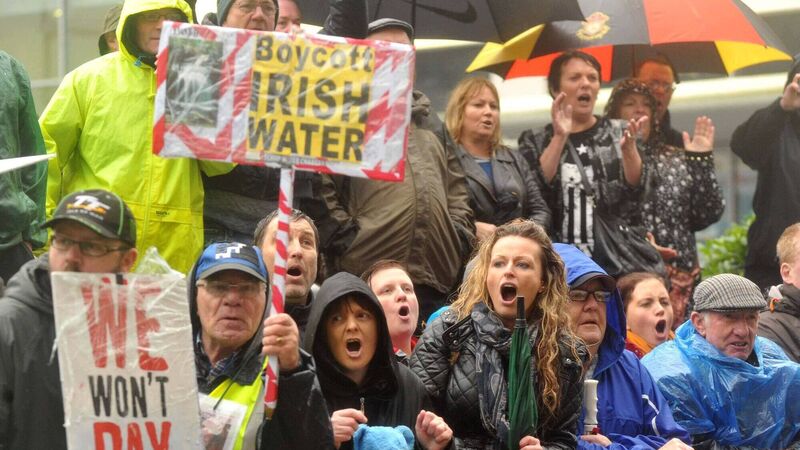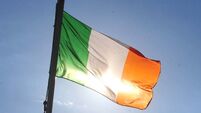Cianan Brennan: Paying for water is normal everywhere else — so why not in Ireland?

The prospect of water charges saw thousands protest against the move by the then Fine Gael/Labour government in 2014. File Picture: Des Barry.
A decade ago, Ireland was sundered by mass protests over prospective water charges — a movement which shook the then Fine Gael/Labour government to its foundations.
In an era of post-crash austerity, the move to introduce an additional utility payment on top of gas and electricity that households were used to, perhaps predictably, went down like a lead balloon.













